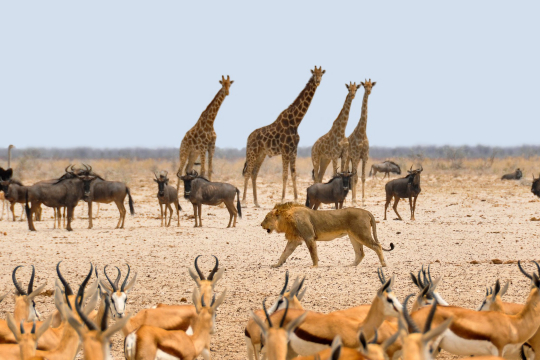National park agencies in Africa often lack incentives to maximize revenue, despite the decline in conservation subsidies from the State. We explore the potential of pricing policy to generate funds for extensive conservation. We estimate recreation demand by international tourists for a popular South African park, calculate the consumer surplus and find the revenue-maximizing entrance fee. Our results suggest substantial underpricing and therefore significant forgone income. By charging low fees at popular parks despite increasing conservation mandates and declining conservation subsidies, national parks in developing countries are forgoing substantial revenue crucial for combating widespread biodiversity losses.
EfD Authors
Files and links
Country
Sustainable Development Goals
Publication reference
Mukanjari, S., Muchapondwa, E., & Demeke, E. (2020). Recreation demand and pricing policy for international tourists in developing countries: evidence from South Africa. Journal of Environmental Economics and Policy, 1–18. doi:10.1080/21606544.2020.1853609



